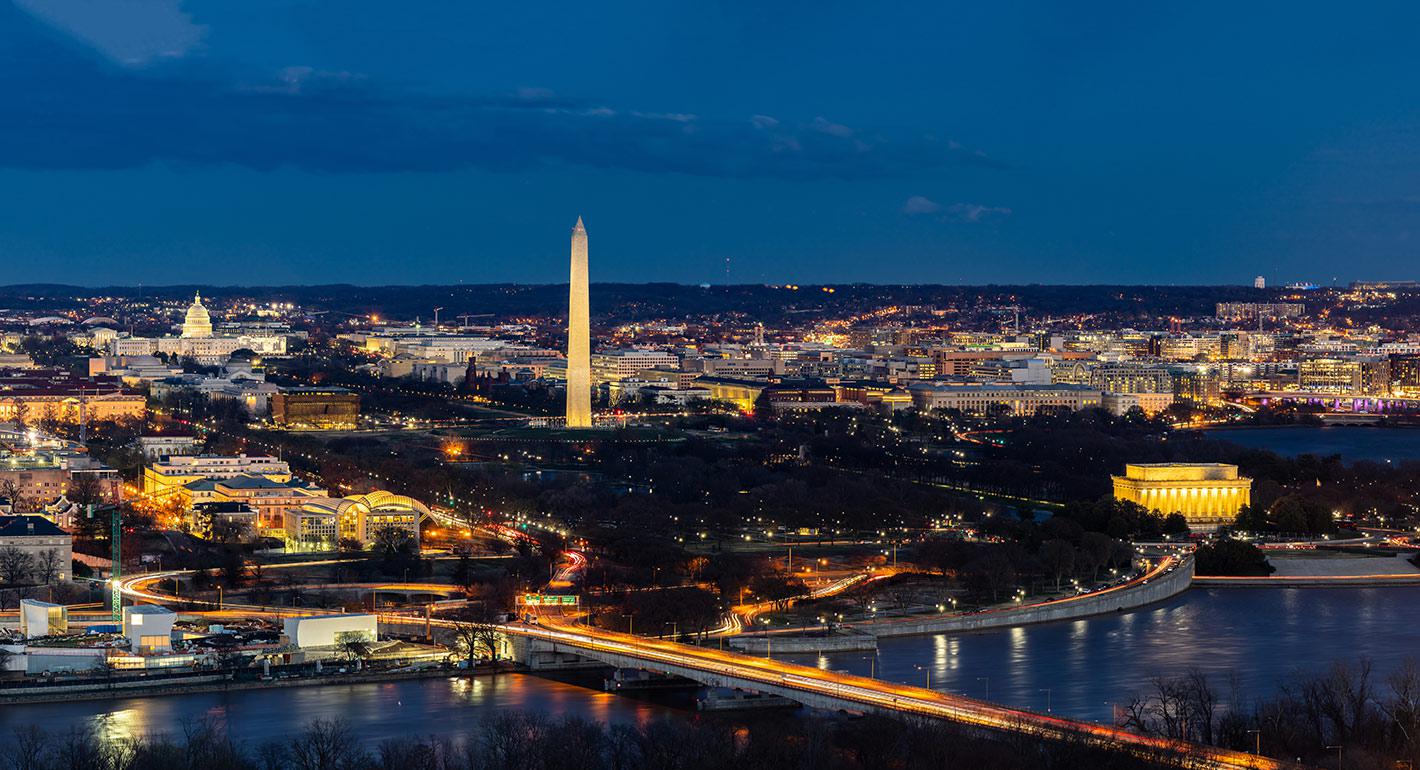For the last three years, I saw the challenges facing American statecraft from the privileged position of a national intelligence officer.
We need a China strategy that protects our freedoms but keeps us out of a major war, a stable relationship with an unpredictable Russia, and to disentangle the United States from the legacy commitments of our unipolar moment. We also need to pay attention to growing proliferation threats, to develop a coherent approach to autocratic regimes, and to leverage allies constructively but realistically.
I watched Donald Trump’s administration try to address these needs. Its lurching approach resulted in more than one failed effort to retract U.S. military forces from the Middle East, a vain attempt to convince our allies to shoulder more of the burden of their own security, the destruction of the Iran nuclear deal, and a bifurcated China strategy that no one really understood.
More recently, I saw Joe Biden’s team struggle to identify clear priorities and overcome engrained bureaucratic views on Afghanistan, terrorism, and other problems. The new administration will need to overcome the internal contradictions of their many promises to the Democratic party, the American people, and the world. Extreme partisanship and an international threat environment that grows more daunting by the day will make it extremely difficult.
Most of my professional career hasn’t actually been in government. I’ve had the benefit of looking at these problems from overseas, from academia, and from the think tank world.
As a young professor in Paris, the tumult of the Iraq War pushed questions about America’s role in the world to the forefront of my classroom discussions. I wrote a book about a French liberal intellectual and haute fonctionnaire—Jacques Rueff—who favored America but wanted its power constrained for its own sake.
I later wrote books on military interventions in the Middle East, seeking ways the United States could address the regional chaos with a more economical application of power than in Iraq and Afghanistan. I explored how allies might—or might not—help America address these needs.
While helping lead the RAND Corp’s international security program, I learned the value of rigorous analysis, deterrence, and realism in our foreign policy.
At the Defense Department, I saw efforts to restart our relationship with Russia founder on mutual suspicion and domestic political intrigues.
For years, I’ve had the pleasure of teaching the history of European great powers at Johns Hopkins, a subject I’m tackling in a new book and one that I think has lessons for the predicament America faces now.
America’s experience of power in the last century has not prepared it well for the foreign policy transformation that must lie ahead.
But the situation isn’t hopeless.
A sensible foreign policy can acknowledge the relative decline of American power, without falling prey to the fear that national decline is inexorable. We can strengthen the role of diplomacy in our statecraft without resorting to naïve pacifism. We can embrace discipline without retreating from the world, even in an era of tribalism and partisanship.
At Carnegie, we can strengthen America’s foreign policy renewal by applying the best research, avoiding dogmatism and partisanship, and helping policymakers think strategically about the real challenges the United States will face in the coming decade. Our research will be broad-based, draw on Carnegie’s unparalleled global reach, and offer practical insights to help policymakers more wisely navigate the daunting international landscape ahead.
